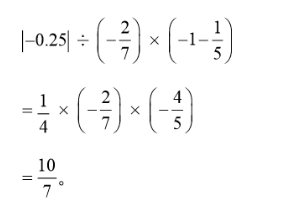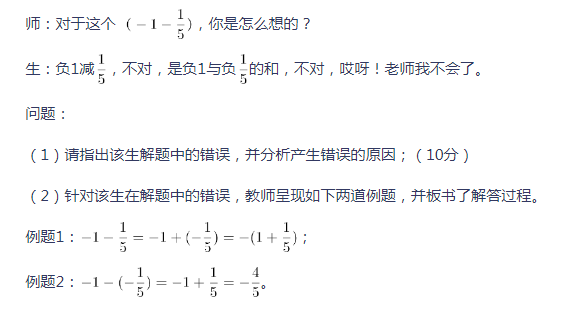当前位置:首页 → 职业资格 → 教师资格 → 中学英语学科知识与教学能力->Passage2Americanstodaydon′tpla
Passage 2
Americans today don′t place a very high value on intellect. Our heroes are athletes,
entertainers, and entrepreneurs, not scholars. Even our schools are where we send our children to geta practical education--not to pursue knowledge for the sake of knowledge. Symptoms of pervasiveanti-intellectualism in our schools aren′t difficult to fred.
"Schools have always been in a society where practical is more important than intellectual,"says education writer Diane Ravitch."Schools could be a counterbalance." Ravitch′s latest book,Left Back: A Century of Failed School Reforms, traces the roots of anti-intellectualism in ourschools, concluding they are anything but a counterbalance to the American distaste for intellectualpursuits.
But they could and should be. Encouraging kids to reject the life of the mind leaves themvulnerable to exploitation and control. Without the ability to think critically, to defend their ideasand understand the ideas of others, they cannot fully participate in our democracy. Continuing alongthis path, says writer Earl Shorris, "We will become a second-rate country. We will have a less civilsociety."
"Intellect is resented as a form of power or privilege," writes historian and professor RichardHofstadter in Anti-Intellectualism in American Life, a Pulitzer-Prize winning book on the roots ofanti-intellectualism in uspolitics, religion, and education. From the beginning of our history, saysHofstadter, our democratic and populist urges have driven us to reject anything that smells of elitism.
Practicality, common sense, and native intelligence have been considered more noble qualities thananything you could learn from a book.
Ralph Waldo Emerson and other Transcendentalist philosophers thought schooling andrigorous book learning put unnatural restraints on children: "We are shut up in schools and collegerecitation rooms for 10 or 15 years and come out at last with a bellyful of words and do not kn
推断题。根据题干中的关键词,可以定位到第二段和第五段。第二段Ravitch认为学校始终处于实用重于才智的社会之中,而它本来可以是一种抵消的力量。而他在著作中得出结论.美国学校绝对没有抵制美国人对才智追求的厌恶。由此可见,Ravitch批评学校没有起到抵制美国人对才智追求的厌恶的作用.即认为学校应该追求才智。第五段中提到Emerson认为学校教育和严格的书本学习限制了孩子们的天性.本段说明爱默生认为学校压制人的天性,追求才智的学校是不正确的。因此可以判定:二人意见刚好相反.所以D项为正确答案。A项“相同的”,B项“相似的”,C项“互补的”,均不正确。
《义务教育数学课程标准(2011年版)》强调,课程内容要反映社会的需要、数学的特点,要符合学生的认知规律。课程内容的组织要重视过程,处理好()的关系。
设α是某一方程组的解向量,k为某一常数,则kα也为该方程组的解向量。( )

案例:
在有理数运算的课堂教学片段中,某学生的板演如下:

针对该学生的解答,教师进行了如下教学:
师:请仔细检查你的演算过程,看是否正确无误?
生:好像正确吧。

请分析例题1、例题2中每一步运算的依据。(10分)
初中数学课程是一门国家课程,其主要内容包括课程目标、教学内容、教学过程和( )等

教师职业道德区别于其他职业道德的显著标志就是( )。

对高中数学的评价,下列说法错误的是( )。
